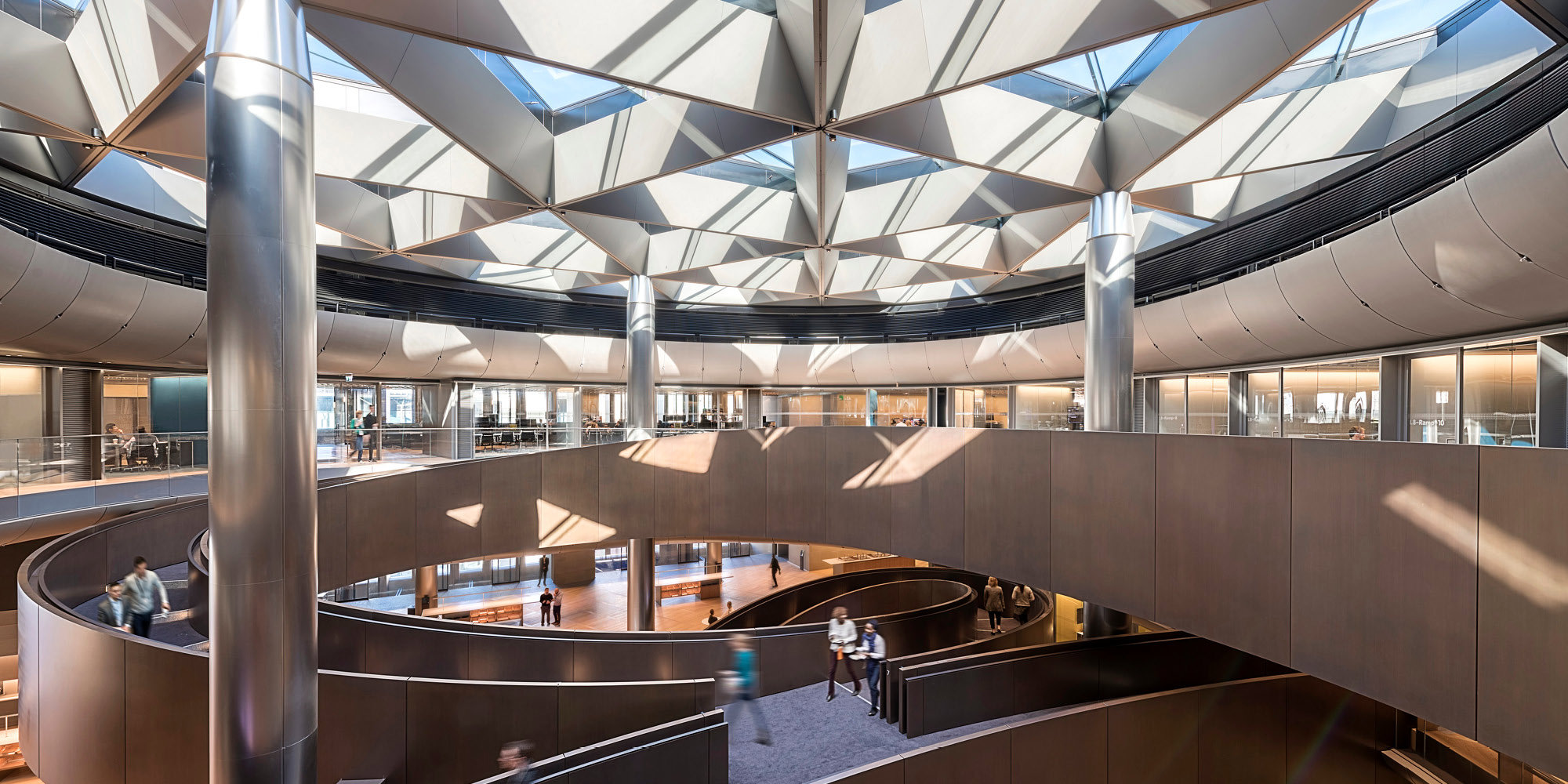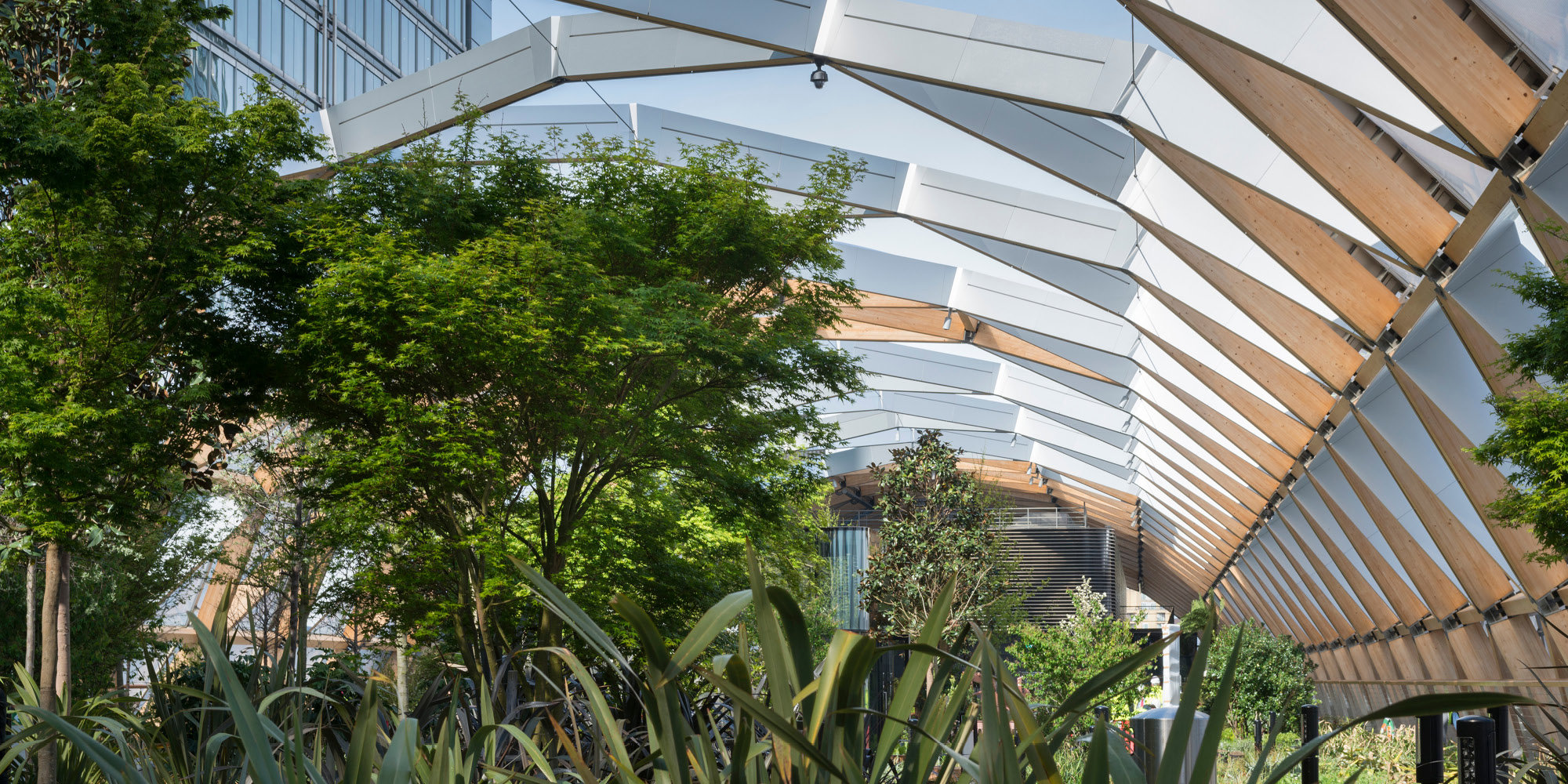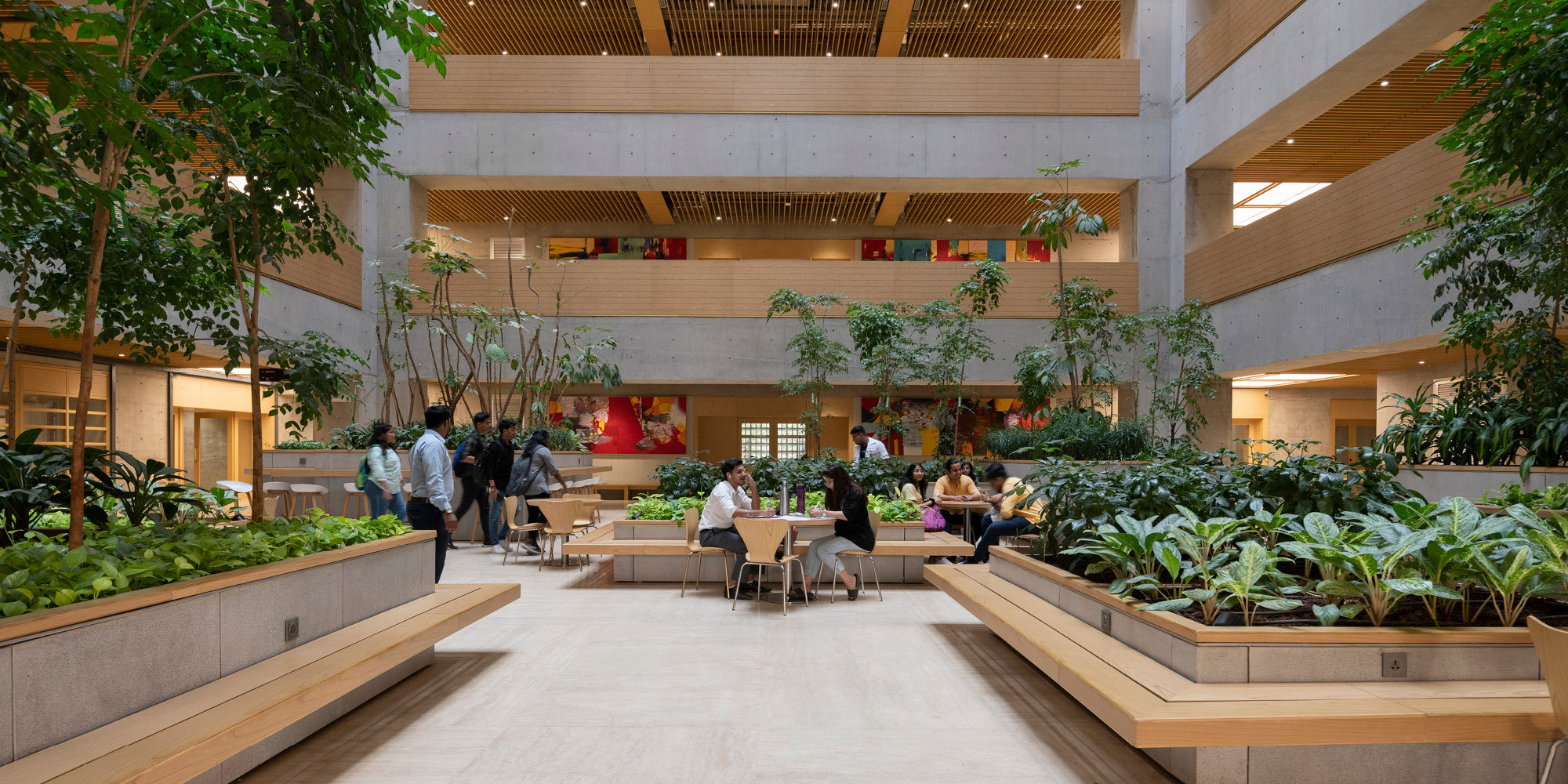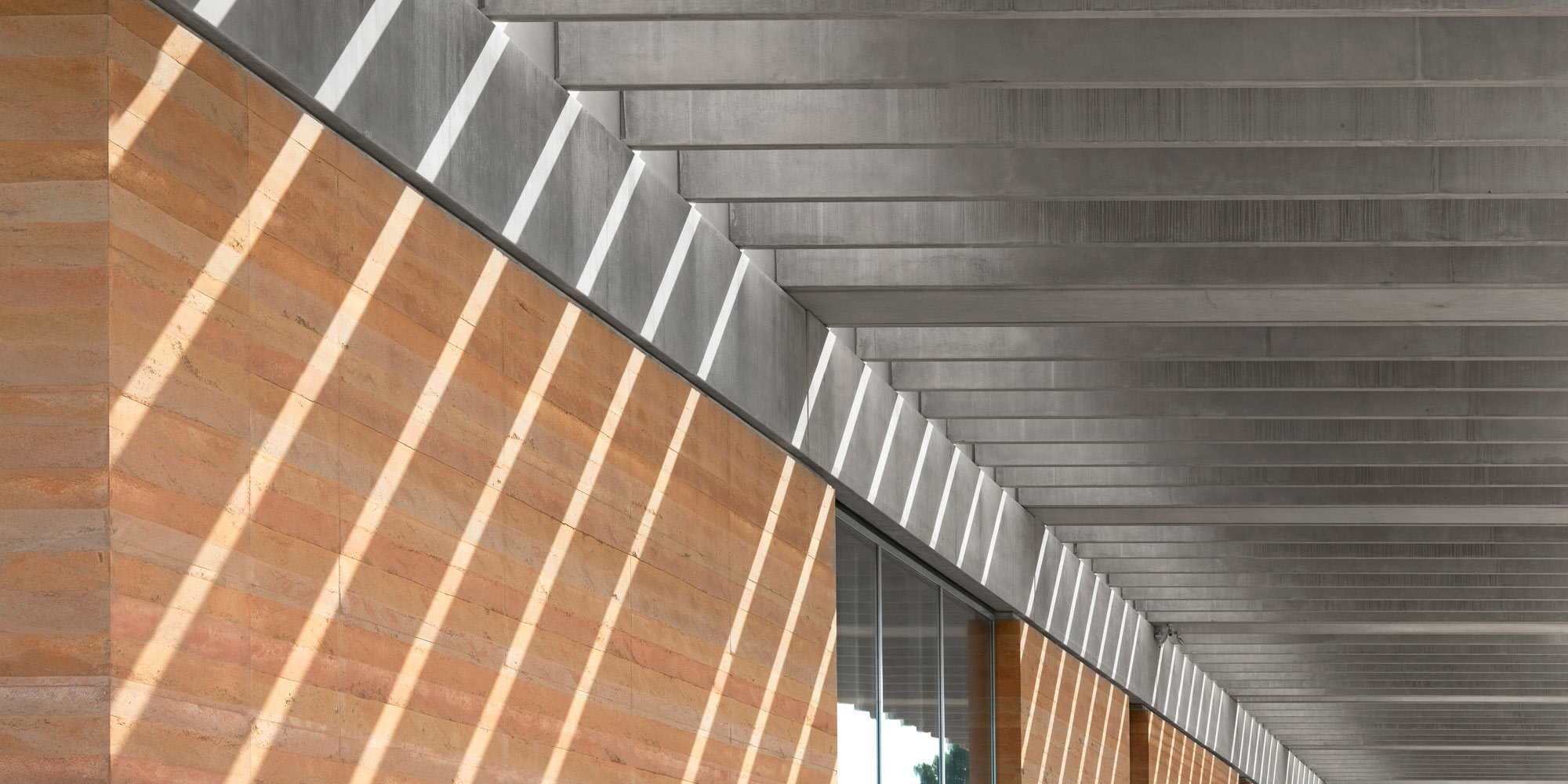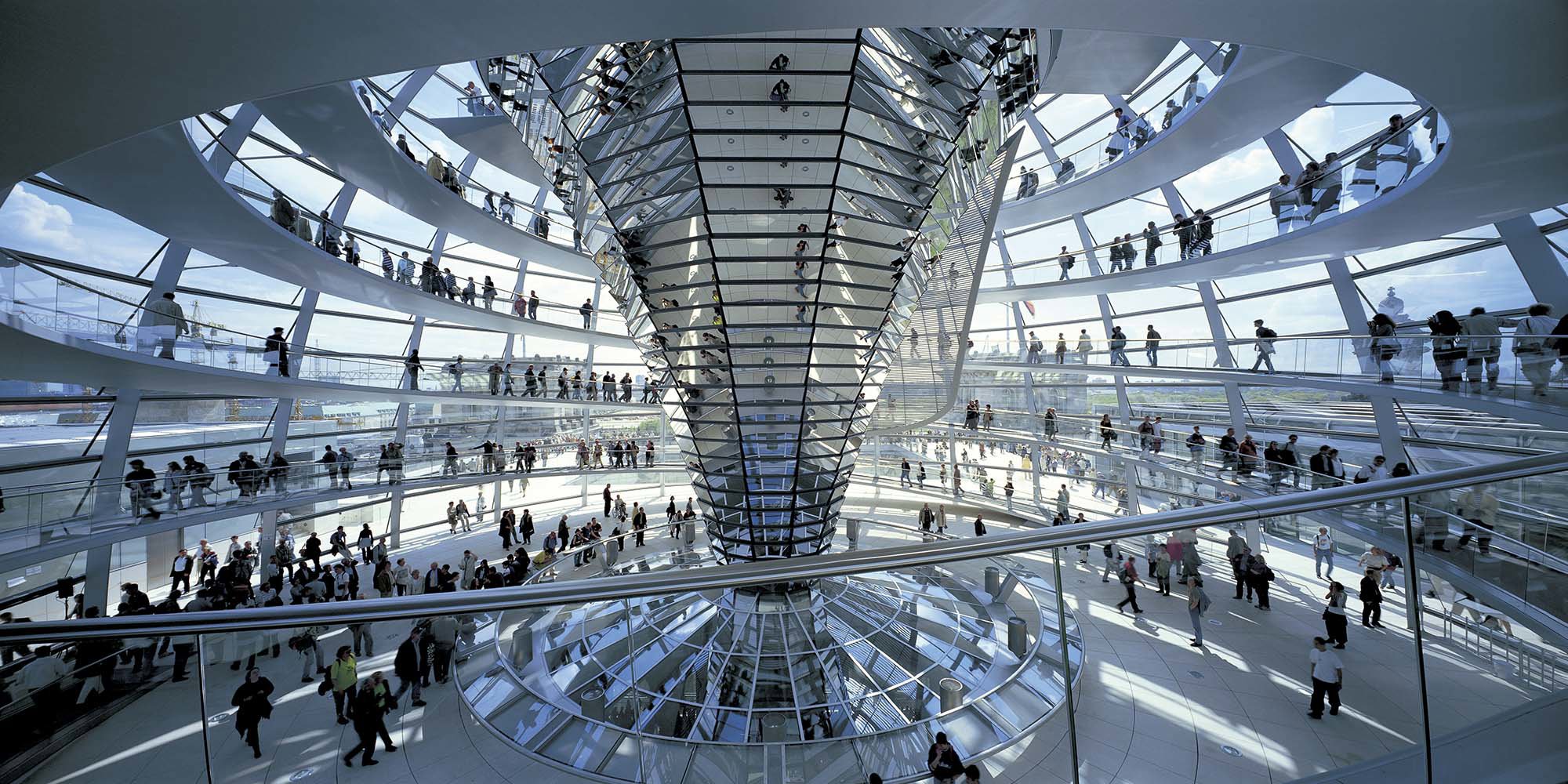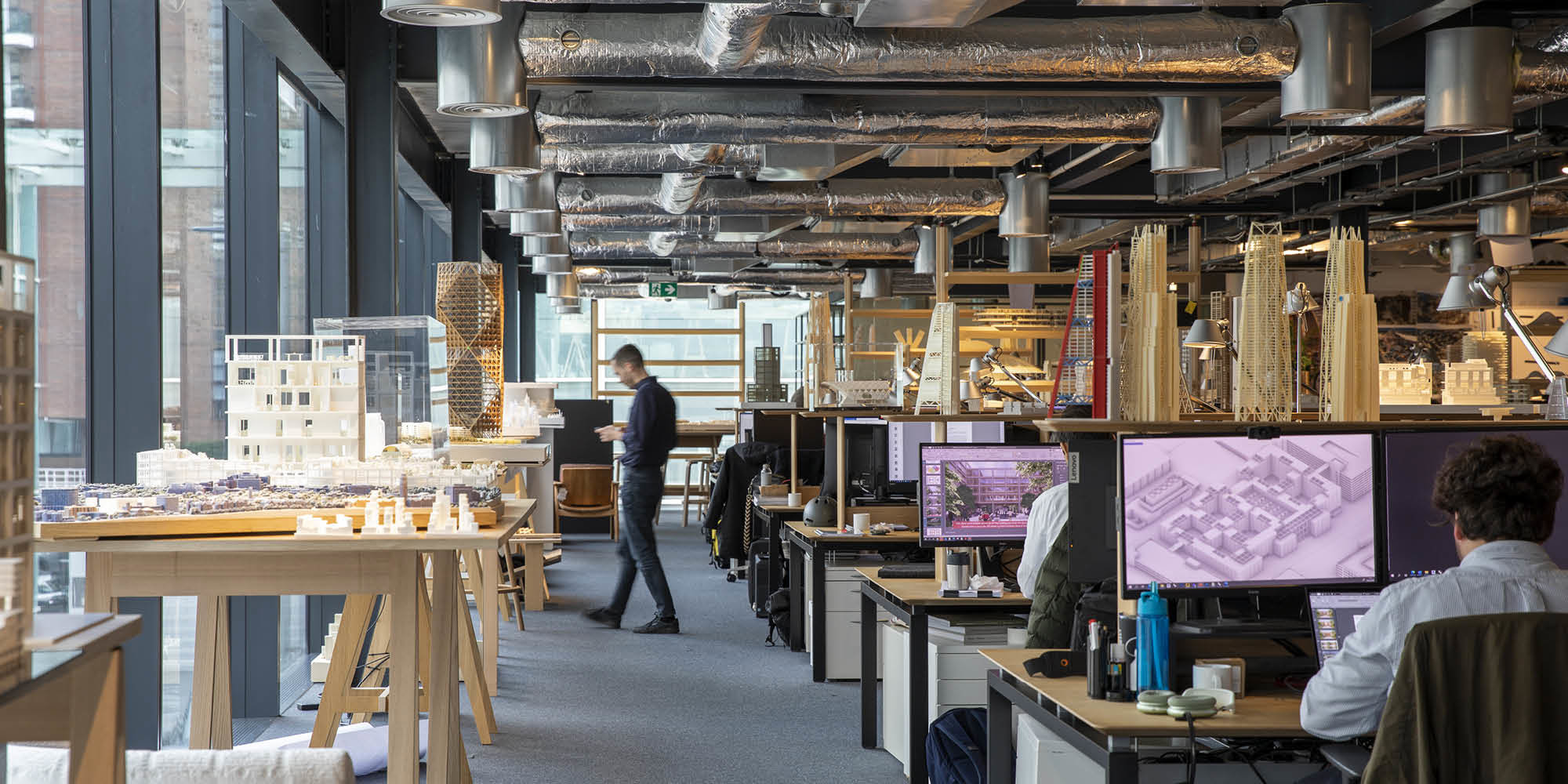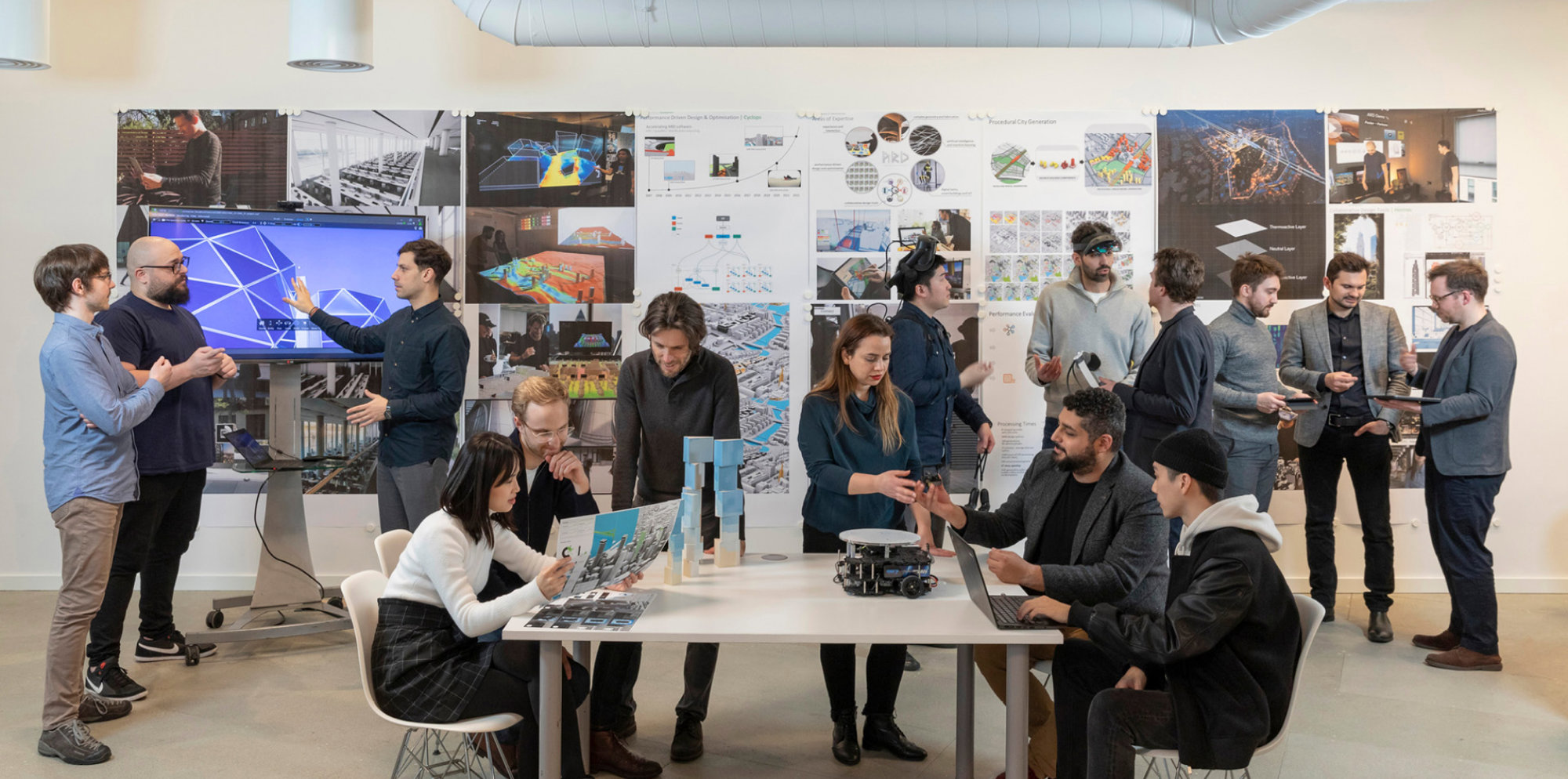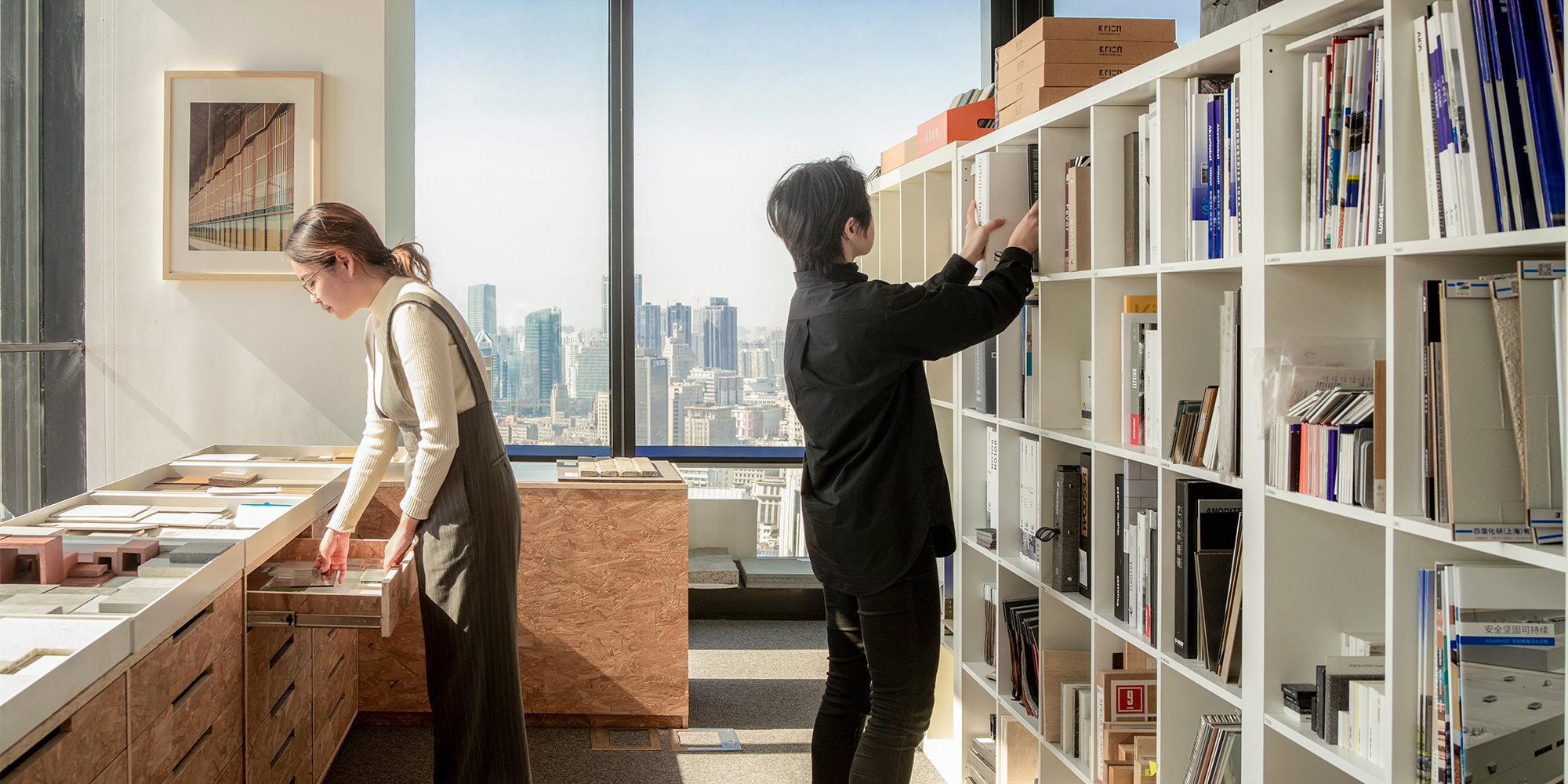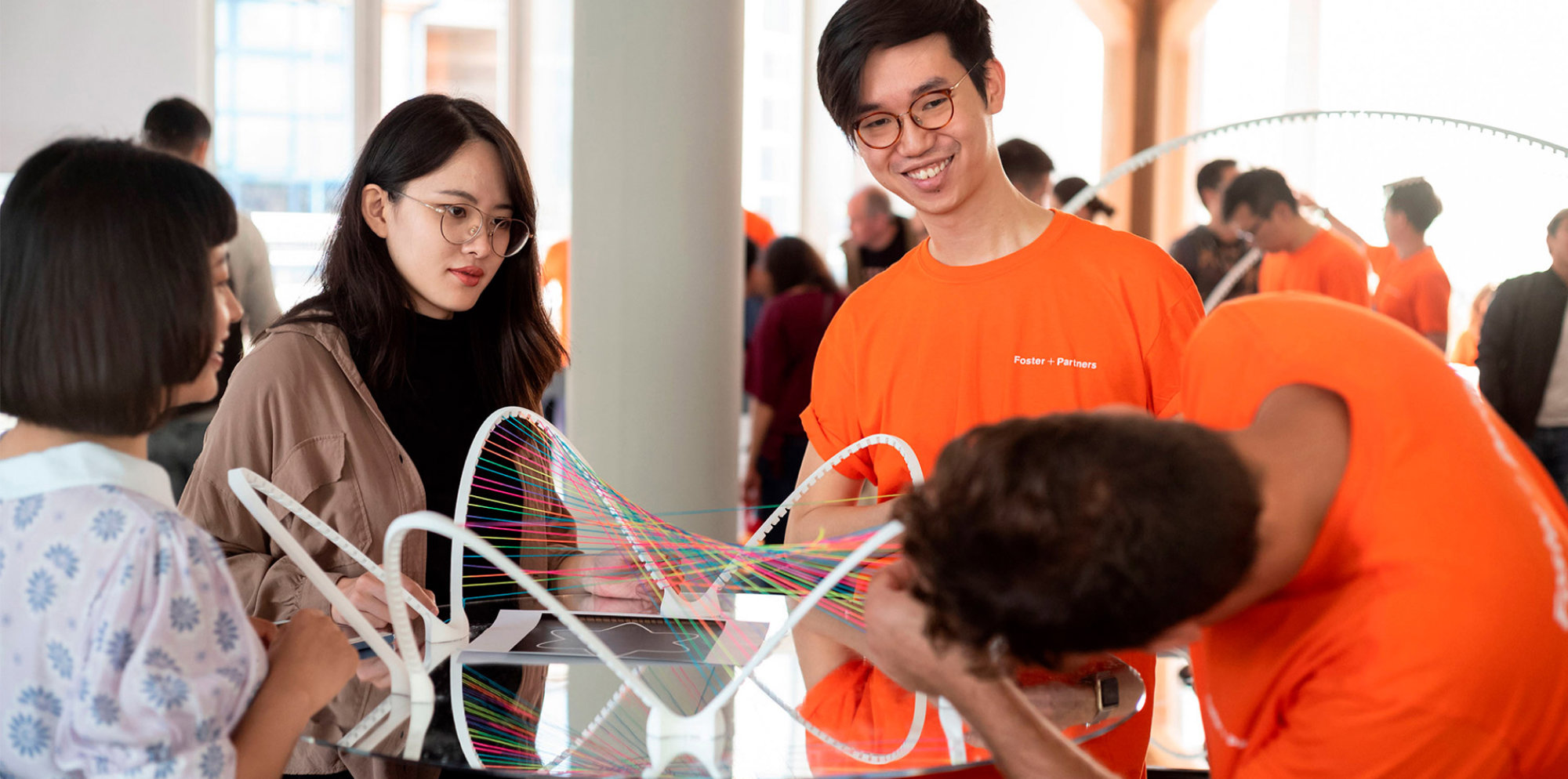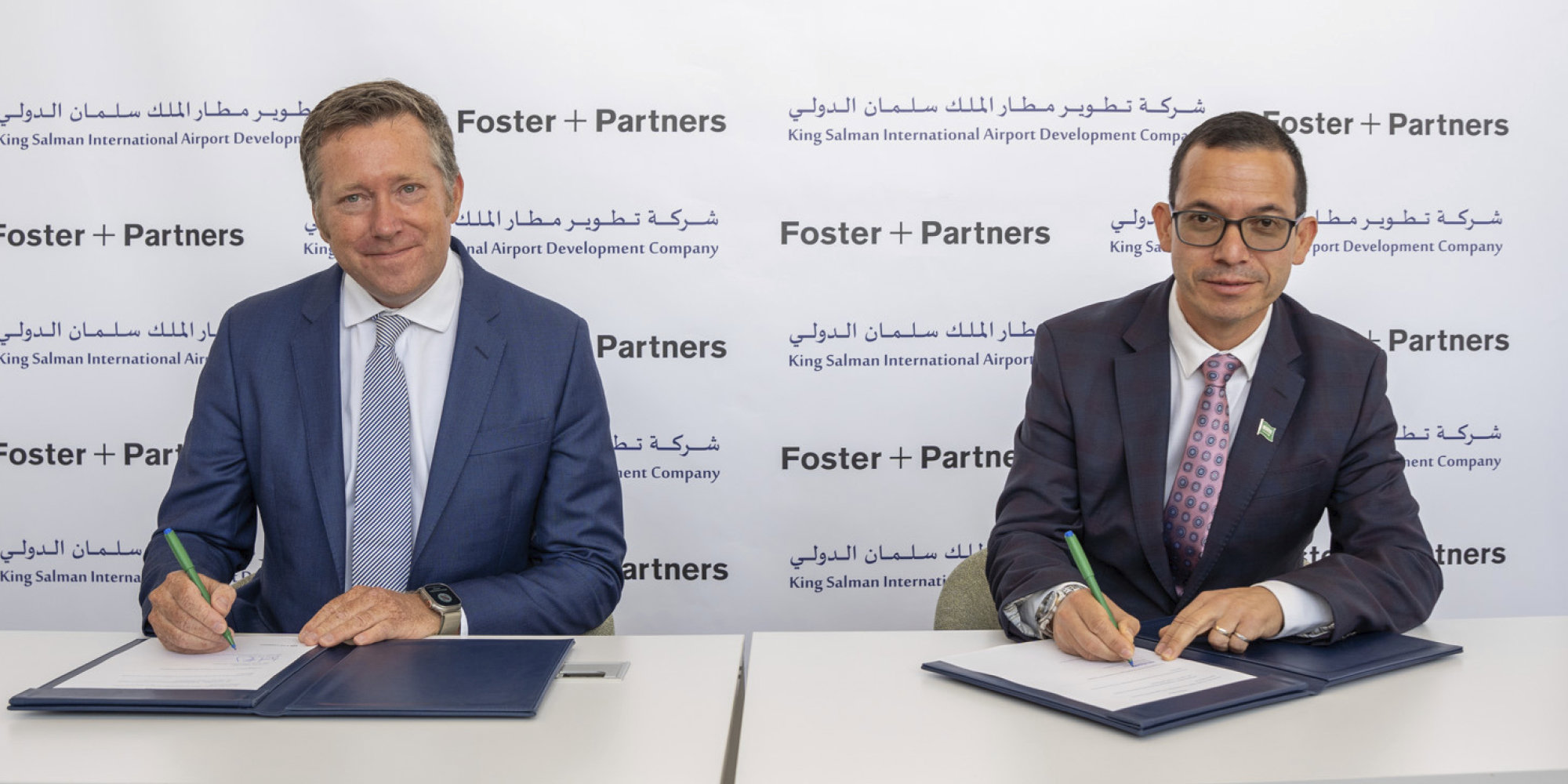The signing ceremony signifying the next design phase of the King Salman International Airport project was recently held in Riyadh. The transformational urban masterplan project is set to boost Riyadh’s position as a global logistics hub, stimulate transport, trade and tourism, and act as a bridge linking the East with the West.
The multi-disciplinary design team led by Foster + Partners has been selected to deliver the concept masterplan validation and detailed masterplan, and the designs for key assets.
Luke Fox, Head of Studio, Foster + Partners, said: “We are delighted to begin working on the next stage of the new King Salman International Airport – a truly innovative approach to airport design that reinvents the passenger experience at every level and creates a unique airport metropolis that is steeped in Riyadh’s culture.”
King Salman International Airport is expected to be one of the world’s largest airports covering an area of approximately 57 km², allowing for six parallel runways and several terminals. The airport aims to accommodate up to 100 million travellers by 2030.
The airport masterplan includes 12km² of, residential and recreational facilities, retail outlets, airport support facilities and other logistics real estate. It is linked together by the Wadi Loop, a green infrastructure corridor that builds up the existing wadi and joins the existing west midfield to the new east midfield. The loop brings landscaping and real estate developments directly into the heart of the new terminal and allows for seamless journeys across the site. By extending public transportation networks, the masterplan also enhances the airport’s connections with the wider city.
The main terminal seeks to replicate the diverse experiences of the city at a human-scale and integrate natural elements. Passengers get an immediate sense of their surroundings as they step into the terminal, with multiple views through the buildings and visual connections to the outside world. Natural ventilation and climate-controlled lighting efficiently maintain an optimal internal environment throughout the year. Movement through the terminal is intuitive, with clear wayfinding and minimal level changes.
The airport will become a dynamic aerotropolis centred around a seamless customer journey, world-class efficient operations, and innovation. Riyadh’s identity and the Saudi culture will be taken into consideration in the airport’s design to ensure a unique travel experience for visitors and transit travellers. With sustainability at its core, the new airport will achieve LEED Platinum certification by incorporating cutting edge green initiatives that take into account both embodied and operational carbon, and will be powered by renewable energy.
Seif A. Bahaa Eldin, Senior Partner, Foster + Partners, added: “The masterplan brings together a revolutionary design concept that prioritises the passenger experience while creating a new gateway for Riyadh.”
